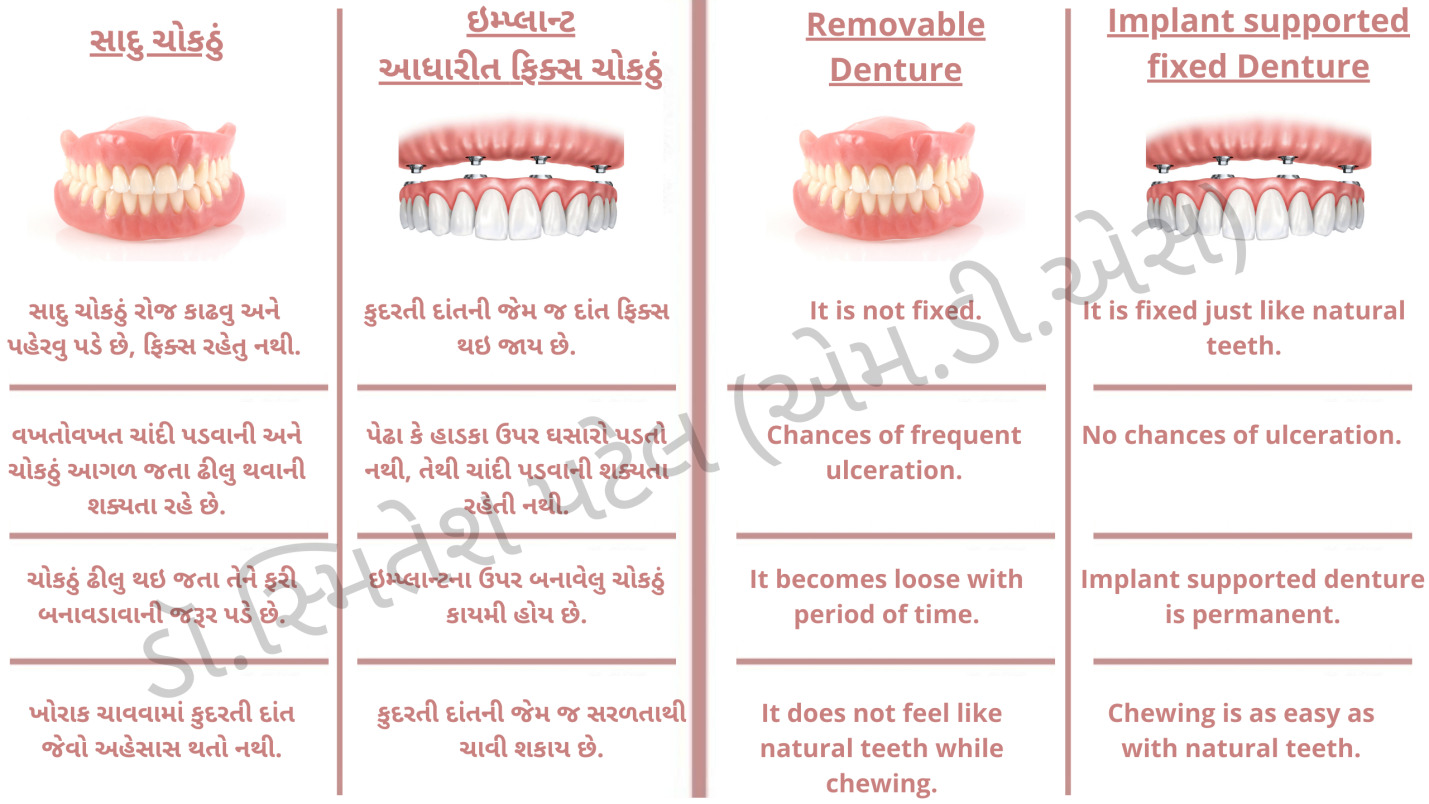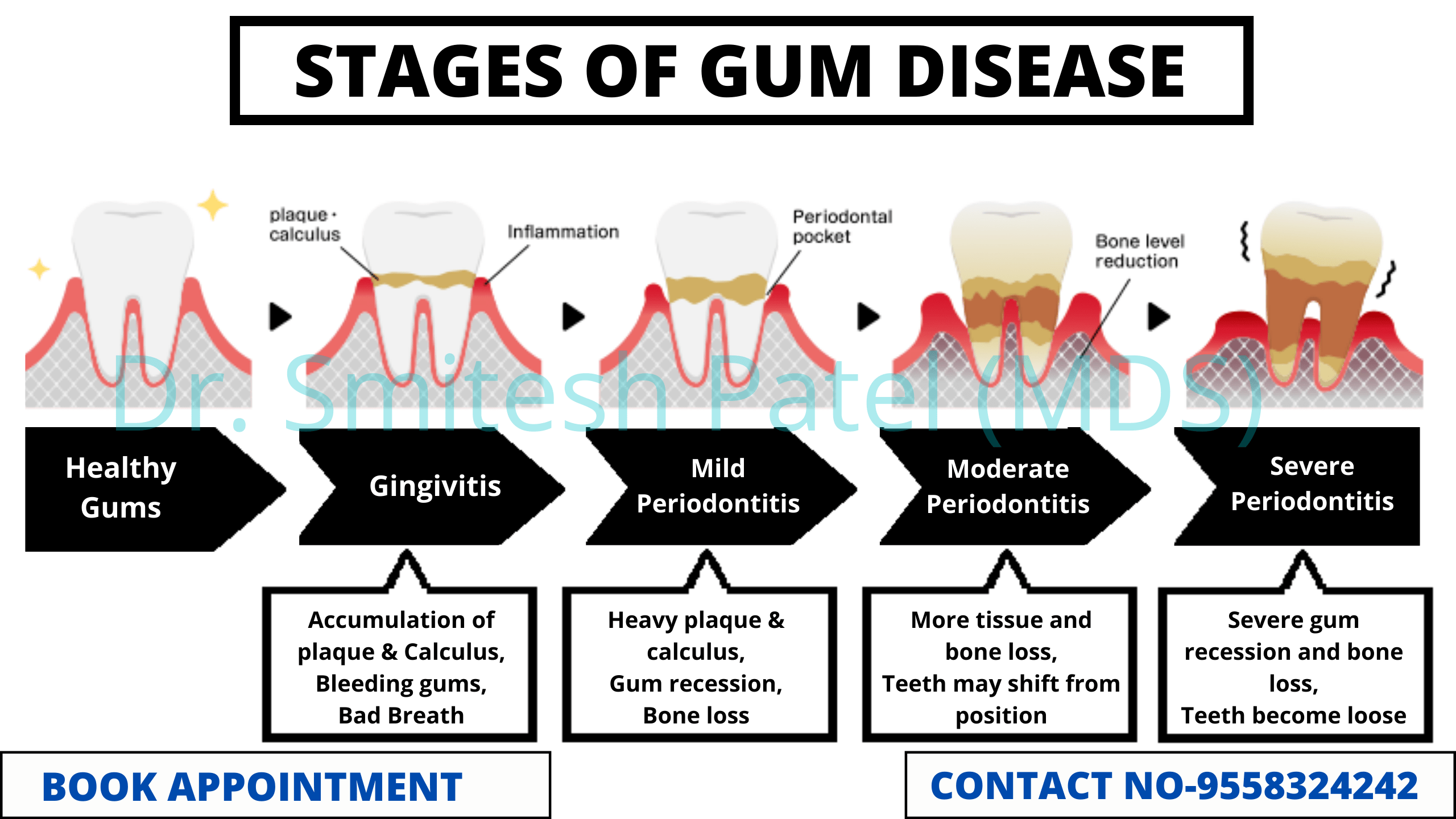Introduction
When it comes to replacing missing teeth, there are several options available, but dental implants stand out as the superior choice for a multitude of reasons. In this article, we’ll delve into why dental implants are better than alternative tooth replacement methods.
Long Lasting
To begin with, dental implants are remarkably durable and long-lasting. Unlike dentures and bridges that may need replacement or adjustments over time, dental implants can last a lifetime with proper care. This longevity can save you both time and money in the long run, making them a cost-effective choice for many.
Natural Look
Another compelling reason why dental implants are superior is their natural look and feel. Implants are designed to mimic the appearance and function of natural teeth. This means no one will be able to distinguish them from your real teeth, allowing you to smile, talk, and eat with confidence. Other options, such as dentures, can sometimes slip or cause discomfort, making implants a more reliable and comfortable choice.
Protect Bone Pattern
Furthermore, dental implants help maintain the integrity of your jawbone. When a tooth is lost, the underlying bone may begin to deteriorate. Dental implants serve as an artificial tooth root, stimulating the bone and preventing this loss. This ensures the stability and strength of your jaw, which is crucial for maintaining your facial structure and overall oral health.
Easy Cleaning
Unlike dentures, dental implants do not require special adhesives or cleaning solutions. You can care for them just like your natural teeth, with regular brushing and flossing. This ease of maintenance simplifies your daily routine and promotes oral hygiene.
The versatility of dental implants is another compelling factor. They can be used to replace a single tooth, multiple teeth, or even a full set of teeth. This adaptability makes them suitable for a wide range of patients, regardless of their specific needs.
Stable
One of the most remarkable advantages of dental implants is their stability. Unlike removable dentures that may move or shift, implants are anchored securely in your jawbone. This stability enables you to eat your favorite foods without worry. You can enjoy corn on the cob, chewy steak, and crunchy apples, just as you did with your natural teeth.
In addition, dental implants have a significant impact on your overall oral health. Unlike bridges, which require adjacent teeth to be ground down to support the replacement tooth, implants do not affect your neighboring teeth. This preserves your natural teeth and their structural integrity.
Good Speech
The improvement in speech is yet another reason why dental implants are better. Ill-fitting dentures can cause speech difficulties by slipping or clicking while talking. Dental implants, on the other hand, provide the confidence to speak clearly and naturally without any disruptions.
Single Investment
It’s important to note that dental implants are a one-time investment. While the initial cost may be higher than some other tooth replacement options, their longevity, and minimal maintenance make them cost-effective over the long term. You won’t need to continually purchase adhesives, cleaners, or replacements, as you might with dentures or bridges.
Transitioning to dental implants is a decision that can transform your life. With their durability, natural appearance, bone-preserving qualities, ease of maintenance, versatility, stability, and positive impact on oral health and speech, it’s clear why dental implants are better than alternative tooth replacement methods. The confidence and quality of life they bring to those who choose them are truly remarkable. So, if you’re considering tooth replacement options, consider the many benefits that dental implants can offer.
| Bridges | Implants |
| May compromise the adjacent natural tooth | Does not compromise with an adjacent tooth |
| A bridge may need replacement at times where bone loss continues at the site of the missing tooth | An implant causes no bone loss as it gets attached with the bone and promotes healthy bone |
| With bridges, your teeth may be prone to plaque, decay or gum disease, with a risk of possible future root canal | With no free spaces in between, implants won’t attract bacteria ever for plaque accumulation |
Laxminarayan Dental Clinic,
Gandhinagar, Gujarat, India.
Mobile no- +919558324242




